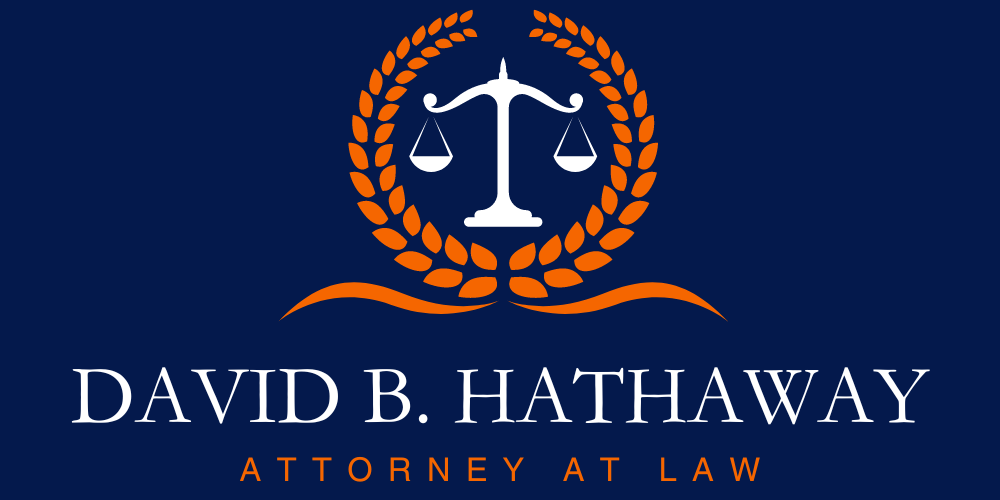What Bankruptcy Attorneys Want You to Know Before You File
Filing for bankruptcy is a major financial decision, and it's not one you should make without first understanding the process. Many people begin with anxiety, confusion, or incomplete information about what filing really means. Bankruptcy attorneys regularly encounter misconceptions that can lead individuals to delay action or make choices that don’t support their long-term goals. Knowing what to expect can make a big difference in how smoothly things go.
Understand What Bankruptcy Can and Cannot Do
Bankruptcy is designed to offer financial relief, but it’s not a magic solution for every type of debt. Filing may discharge unsecured debts like credit cards and medical bills, but certain obligations, such as student loans, recent tax debts, and child support, are usually not erased. It's also important to understand that bankruptcy may impact your credit, but for many, the chance to start over is well worth it. According to Epiq, more than 66,000 individuals filed for Chapter 7 bankruptcy in just the first quarter of 2024, highlighting how common this form of debt relief has become. Knowing these limitations and trends ahead of time can help set realistic expectations.
Know Which Type of Bankruptcy Fits Your Situation
There are different types of consumer bankruptcy, and choosing the right one depends on your income, assets, and goals. Chapter 7 is often faster and can eliminate many unsecured debts, but it is also a bit more "edgy" in that there exists a need to carefully evaluate your assets in order to ensure that you don't lose anything in the process. Chapter 13, on the other hand, involves a repayment plan over at least three years, but is less "edgy" in that the risk of losing assets is virtually non-existent. A bankruptcy attorney can help you assess your specific financial picture and guide you to the option that suits your situation best.
Gather the Right Documents Before Filing
Preparation is key to a smoother filing process. Before filing, gather recent pay stubs, tax returns, credit card statements, and a complete list of assets and debts. Inaccurate or incomplete information can cause delays or even lead to your case being dismissed. Being organized and thorough will help your filing proceed without unnecessary obstacles and allow your lawyer to advocate effectively on your behalf.
Filing for bankruptcy can feel overwhelming, but working with bankruptcy attorneys helps you make informed, confident decisions. The more you understand before filing, the better prepared you'll be for what comes next. If you’re considering bankruptcy, contact The Law Offices of David B. Hathaway today to schedule a consultation and take the first step toward financial relief.





Share On: